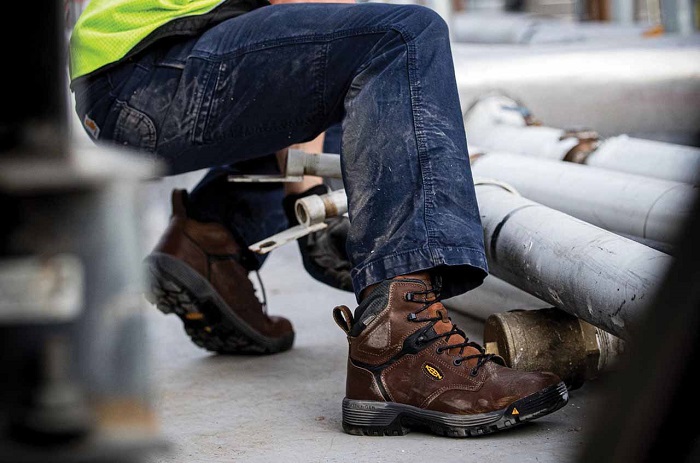Safeguarding Your Leather Goods From Scratches
Leather has been an integral part of human culture for centuries, serving as a versatile and durable material for various products. In recent decades, India has emerged as a global leader in leather manufacturing, capturing a significant share of the market. This extensive blog delves into the historical context, geographical advantages, traditional craftsmanship, government policies, and contemporary developments that have positioned India as the leather manufacturing capital of the world.
Ancient Leather Roots: India’s association with leather production traces back to ancient times, evident in artifacts discovered from Indus Valley Civilizations. The presence of skilled artisans and the availability of high-quality raw materials laid the foundation for a thriving leather industry.
Colonial Era: The British colonial rule introduced modern techniques and machinery to India’s leather industry, providing further impetus for growth and expansion. This period saw the establishment of tanneries and leather-based cottage industries in various regions.
Abundance of Raw Materials for Leather: India possesses an abundance of raw materials essential for leather manufacturing, including high-quality hides and skins sourced from livestock such as cattle, buffalo, sheep, and goats. The diverse climatic conditions across the country nurture a variety of animal species, ensuring a consistent supply of raw materials.
Strategic Location: India’s strategic geographical location serves as a significant advantage in the global leather trade. Located in close proximity to major leather-consuming regions such as Europe, the Middle East, and Asia, India enjoys cost-efficient access to export markets, reducing transportation costs and lead times.
Legacy of Leather Craftsmanship: India boasts a rich heritage of traditional craftsmanship in leather production. Artisanal skills passed down through generations have ensured the preservation of intricate techniques, such as vegetable tanning, hand-stitching, and hand-tooling, adding uniqueness and value to Indian leather products.
Ethical and Eco-Friendly Practices: India’s emphasis on sustainable and ethical practices in leather manufacturing has garnered global recognition. The utilization of natural dyes, non-toxic tanning methods, and adherence to stringent environmental regulations contributes to the overall appeal and acceptance of Indian leather in the international market.
Supportive Policy Framework: The Indian government has implemented policies and initiatives aimed at promoting and strengthening the leather industry. Financial incentives, tax benefits, infrastructure development, and skill enhancement programs have encouraged investment, technological upgradation, and export-oriented growth.
Leather Export Promotion Council: The establishment of the Leather Export Promotion Council (LEPC) provides assistance and support to Indian leather manufacturers by facilitating international marketing, participating in trade fairs and exhibitions, and conducting market research. Such concerted efforts have positioned India as a reliable and preferred source for leather products worldwide.
Technological Advancements in Leather Industry: India’s leather industry has embraced technological advancements to improve production efficiency, quality control, and design capabilities. Automated cutting machines, advanced tanning processes, and CAD/CAM software have revolutionized leather manufacturing, enabling Indian manufacturers to compete globally.
Increasing Market Share: India’s commitment to quality and competitive pricing has enabled it to capture a significant share of the global leather market. Indian leather products, including footwear, garments, accessories, and upholstery, are in high demand due to their exceptional craftsmanship, aesthetic appeal, and value for money.
India’s ascent as the leather manufacturing capital of the world is rooted in a combination of factors, including historical legacy, geographical advantages, skilled craftsmanship, supportive government policies, and technological advancements. Enabled by a rich heritage of traditional techniques and a commitment to sustainability and ethical practices, Indian leather manufacturers have gained global recognition for their quality products. As India continues to invest in research and development, infrastructure, and international collaborations, its position as a leading player in the global leather trade is set to strengthen further, solidifying its status as the preferred destination for leather manufacturing.

